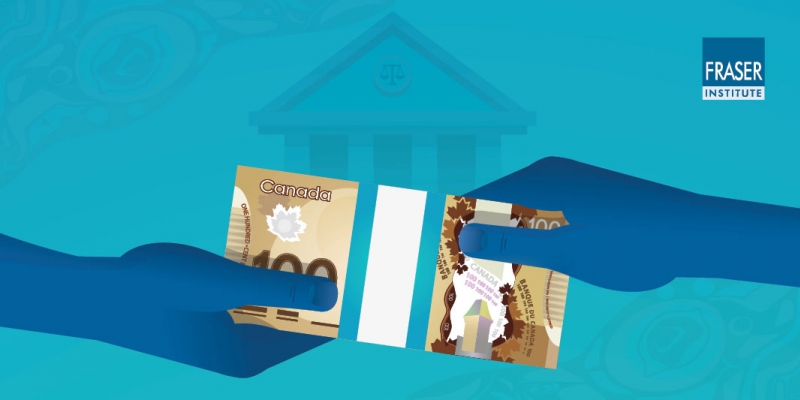Tom Flanagan
– Professor Emeritus of Political Science and Distinguished Fellow, School of Public Policy, University of Calgary
Tom Flanagan, Senior Fellow of the Fraser Institute, is Professor Emeritus of Political Science and Distinguished Fellow, at the School of Public Policy, University of Calgary, and Chair, Aboriginal Futures, at the Frontier Centre for Public Policy. He received his B.A. from Notre Dame and his M.A. and Ph.D. from Duke University. He taught political science at the University of Calgary from 1968 until retirement in 2013. He is the author of many books and articles on topics such as Louis Riel and Metis history, aboriginal rights and land claims, Canadian political parties, political campaigning, and applications of game theory to politics. His books have won six prizes, including the Donner-Canadian Prize for best book of the year in Canadian public policy. He was elected to the Royal Society of Canada in 1996. Prof. Flanagan has also been a frequent expert witness in litigation over aboriginal and treaty land claims. In the political realm, he managed Stephen Harper's campaigns for leadership of the Canadian Alliance and the Conservative Party of Canada, the 2004 Conservative national campaign, and the 2012 Wildrose Alberta provincial campaign.




